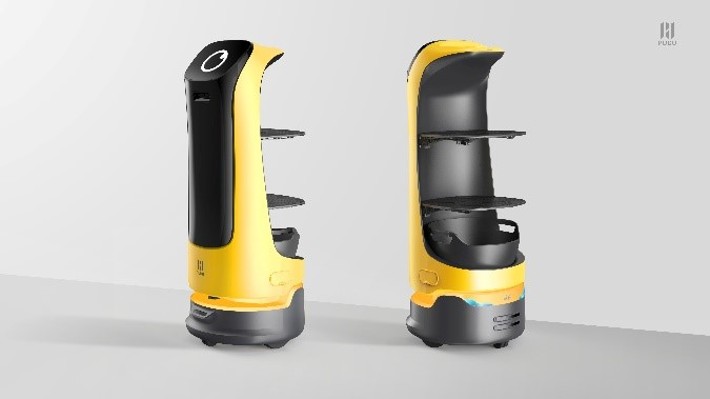[ad_1]
The following is the latest list of selected news summaries by Kyodo News.
———-
Tokyo, 12 prefs. to remain under COVID quasi-emergency until March 6
TOKYO – Japan will decide Thursday to extend by three weeks until March 6 a COVID-19 quasi-state of emergency for Tokyo and 12 prefectures as the nation scrambles to rein in infections caused by the highly contagious Omicron variant.
The government also plans to add Kochi in western Japan, effective Saturday until March 6, to the quasi-emergency list, bringing the total to 36 of the country’s 47 prefectures amid growing worries about an additional strain on the health care system.
———-
Japan to supply part of LNG imports to Europe amid Ukraine crisis
TOKYO – Japan will provide part of its liquefied natural gas imports to Europe from March as simmering tensions between Russia and the West over Ukraine undermine energy security in the region, industry minister Koichi Hagiuda said Wednesday.
Hagiuda told reporters after separately meeting EU ambassador to Japan Patricia Flor and U.S. Ambassador to Japan Rahm Emanuel that the Japanese government took account of requests from the United States and the European Union in making the decision, as well as a gas shortage in Europe.
———-
Japan, Philippines to hold 2-plus-2 security talks in late Feb.
TOKYO – Japan and the Philippines plan to hold their first ministerial security talks online later this month, apparently aimed at bolstering cooperation in countering China’s increasing maritime assertiveness in the South and East China seas, diplomatic sources said Wednesday.
The Philippines will be the ninth country with which Japan has held the so-called two-plus-two talks, which involve the countries’ foreign and defense ministers, and only the second Southeast Asian country following Indonesia to do so.
———-
Japan calls for Iran’s early return to compliance with nuclear deal
TOKYO – Japanese Prime Minister Fumio Kishida on Wednesday called for Iran’s early return to compliance with a 2015 nuclear deal during his phone talks with Iranian President Ebrahim Raisi, saying Tokyo consistently supports the accord.
Raisi, who explained his country’s stance on the nuclear accord, agreed with Kishida to continue “close communication” on the issue, the Japanese Foreign Ministry said.
———-
Sony unveils AI driver for Gran Turismo auto racing game
NEW YORK – Sony Group Corp. said Wednesday it has developed an artificial-intelligence driver for its Gran Turismo Sport auto racing game, paving the way for the AI agent to be incorporated into future releases of the popular series.
The AI driver, dubbed “Gran Turismo Sophy” or “GT Sophy,” is an autonomous agent capable of learning various racing skills such as effective passing, defensive maneuvers and avoiding crashes while observing race etiquette during competition.
———-
S. Korea candidate’s aide aims restart of shuttle diplomacy with Japan
SEOUL – South Korea’s former Second Vice Foreign Minister Kim Sung Han, a campaign staff member of the main opposition party’s presidential nominee Yoon Suk Yeol, has stressed that the country and Japan should resume so-called shuttle diplomacy, with each nation’s leader making reciprocal visits to the other nation.
Kim, a foreign affairs advisor to Yoon, the conservative People Power Party’s candidate for the March 9 presidential election, said in a recent interview with Kyodo News, “Making use of the geographical benefits, leaders of the two countries could meet once every month or two to recover trust” amid soured relations over wartime compensation.
———-
U.S., European business leaders urge Japan to end COVID entry ban
TOKYO – Business and education leaders from U.S. and European organizations on Wednesday urged the Japanese government to end its COVID-19 entry ban for nonresident business visitors and scholars, warning that the ban not only hurts Japan’s economy but also risks the loss of future talent.
“The entry ban has really imposed an increasing economic and human cost…and has set back the efforts to revive Japan’s economy,” said Christopher LaFleur, an adviser to the American Chamber of Commerce in Japan, who virtually attended a press conference at the Foreign Correspondents’ Club of Japan.
———-
Beijing Olympics panda motif mascot “Bing Dwen Dwen” warms up games
BEIJING – Beijing Winter Olympics mascot in the motif of a panda, “Bing Dwen Dwen,” is booming in popularity in China, raising expectations that the total sales of the official goods will top 2.5 billion yuan ($392.90 million) during the period of the games.
China, which has been criticized by some democratic nations for using the Olympics for political gain, may be hoping the mascot will help dispel the negative of the games that kicked off last week amid a “diplomatic boycott” initiated by the United States, observers say.


[ad_2]
Source link





















